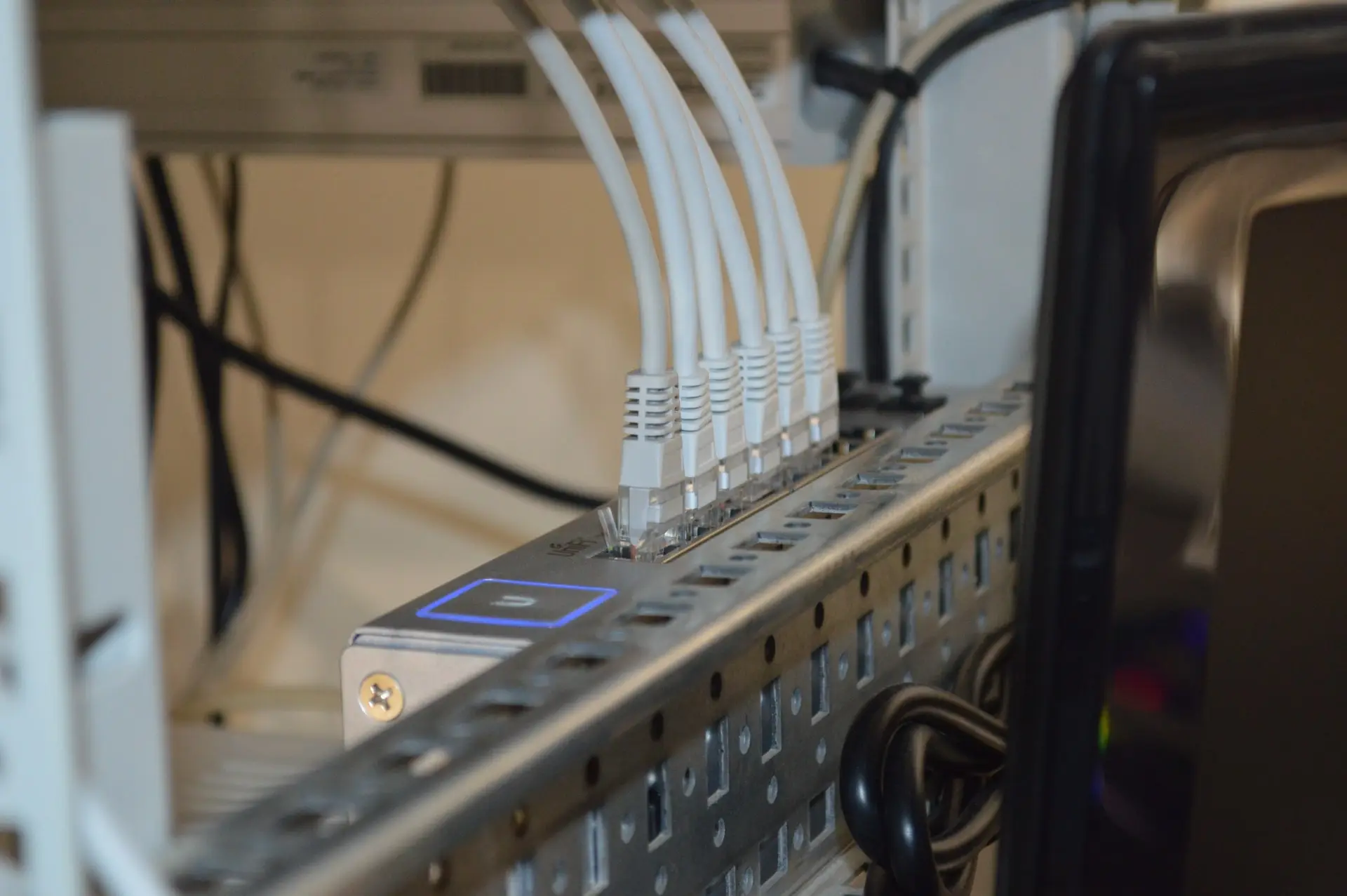
Internet U
The internet is a pretty amazing place, encompassing all of the best (and worst) elements of humanity. I’ve learned how to code, fix a car, manage investment risk, and countless other things. Lately I’ve had a bit of an epiphany regarding the staggering quantity and quality of free resources for learning online, so I thought it would be nice to highlight some of my favorites. This is far from a comprehensive list, but includes the things I’ve been using lately.
In no particular order of significance, I’ll go over the following topics I’ve been learning about in the past month or so:
- Computer Science
- Finance
- Rust
- Solidity
Computer Science
I have been working to improve my comprehension of computer science topics that are taught in an academic setting, like data structures and algorithms.
Most of my programming education has been from online courses that focus primarily on the syntax and function of code. These courses don’t typically touch on things like performance or scaling of code, or how and why different decisions might be made to better optimize a block of code. I am working to fill in those gaps to become a more capable developer.
There are many college level courses that are now available for free online, if one looks hard enough.My recent favorites: Harvard’s CS50 course taught by David Malan MIT’s Introduction to Algorithms taught by Erik Demaine and Srini Devadas
Finance
I’ve been interested in finance and investing for a long time. Out of all of the things I’ve learned in my life, I suspect my education in this area will have the highest ROI. Although I regret not starting sooner, I am now on a path to financial security and even abundance. Depending on the course my career takes in the next few years, I may work toward becoming a CFA. I know I would enjoy the study material, but the actual CFA designation is mostly useful for finance professionals and not individual investors. It is just as useful in my opinion to have the knowledge without the three-letter suffix.
I love my e-reader and always have the maximum of 5 ebooks checked out from my local library. My favorite finance books I’ve read this year are Post Corona and The Interpretation of Financial Statements (still reading this one). Post Corona is a fun look at the potential winners and losers coming out of the 2020 Coronavirus pandemic. The Interpretation of Financial Statements is on the other end of the spectrum - a 1937 edition of a book about (surprise) interpreting financial statements. It’s old but still relevant. Benjamin Graham is a legend for a good reason.
Rust / Solidity
I’m combining these two into one section because the motivation is the same. I want to expand my knowledge of coding beyond Python and Javascript. Solidity looks a lot like Javascript syntactically, but is actually quite different (statically-typed, compiled, has access modifiers). Rust is also a compiled language, and is similar in syntax to C++.
Rust appeals to me because it is very different from and prioritizes different things than Python and Javascript. However, Rust is really friendly to beginners. The documentation is top-notch and the community is extremely active. The Rust compiler, rustc, has great error messages that help newbies understand what is going wrong. Both Rust and Solidity are used in blockchain development for creating dApps, which seem to be here to stay (like it or not). There are also a couple of open source projects to which I’d like to contribute, but would like to learn Rust to do so more meaningfully: AppFlowy and nushell
Although I bought the paperback version of the Rust book, the full contents are available for free online here. There are other resources available on the Rust site here. I’ve used learnxinyminutes for both Rust and Solidity. Solidity has a number of good tutorials. I’ve personally been using CryptoZombies, and planning on trying out Ethernaut soon.
Conclusion
It’s hard for me to imagine how my parents and grandparents got anything done in a world without near-instant access to all human knowledge. Recent technological achievements actually don’t seem that impressive when one considers that commercial flight was happening in a world without: CAD software, credit cards, cell phones, or carbon fiber, among other things. Perhaps Elon Musk isn’t so far out there with his goal of putting humans on Mars.
Photo Credit
Photo by Thomas Jensen on Unsplash